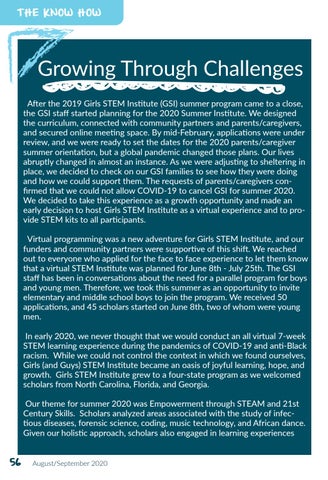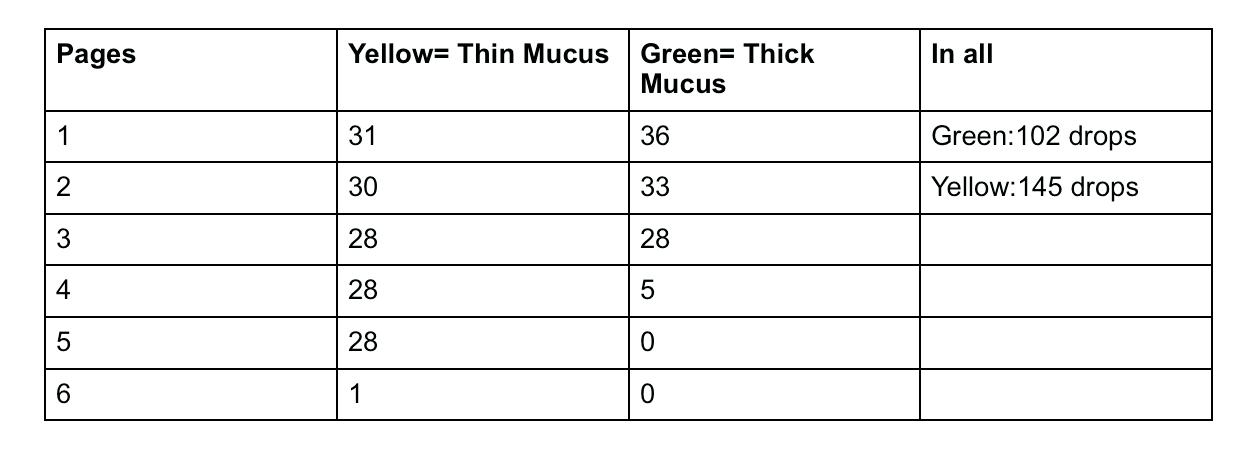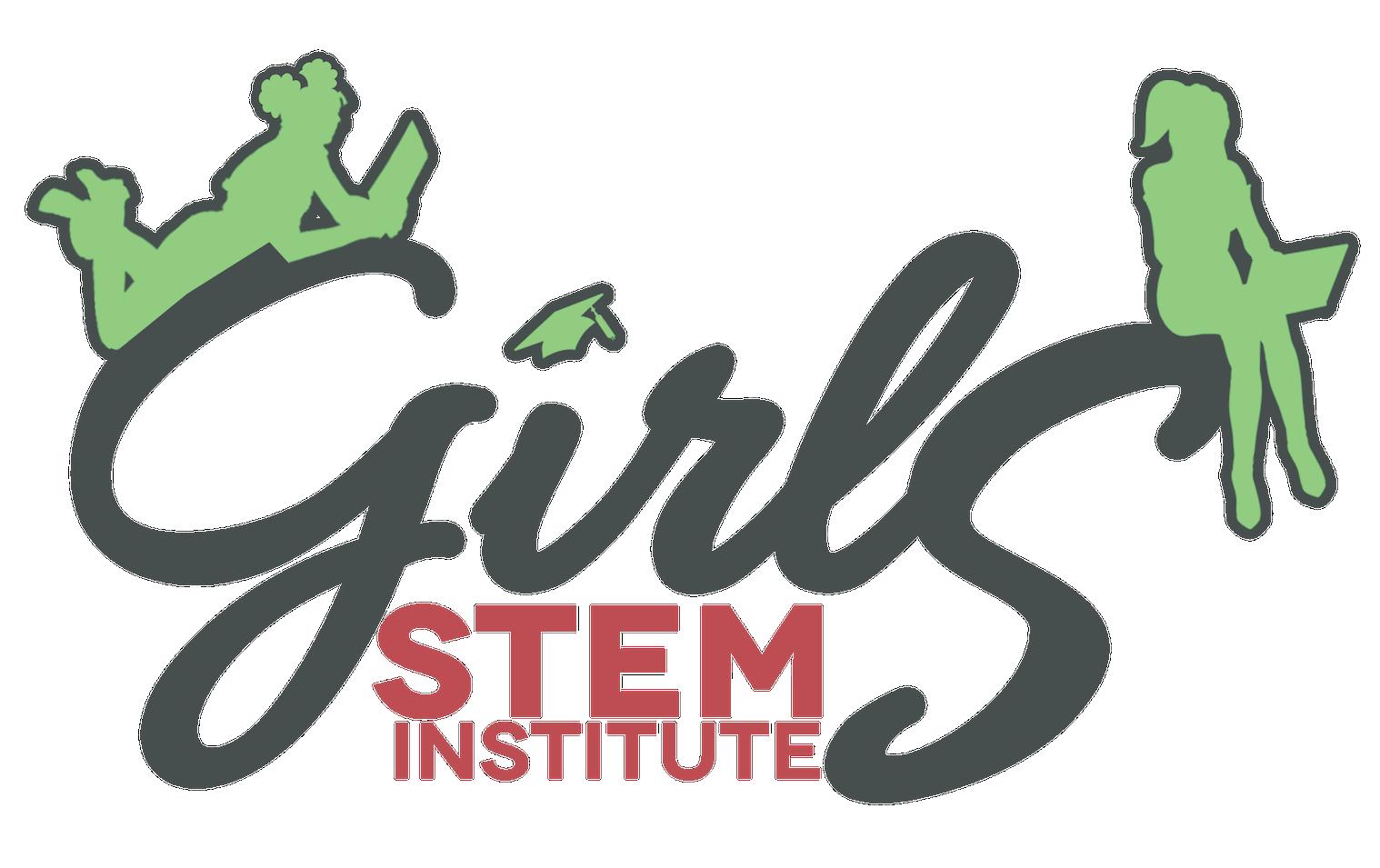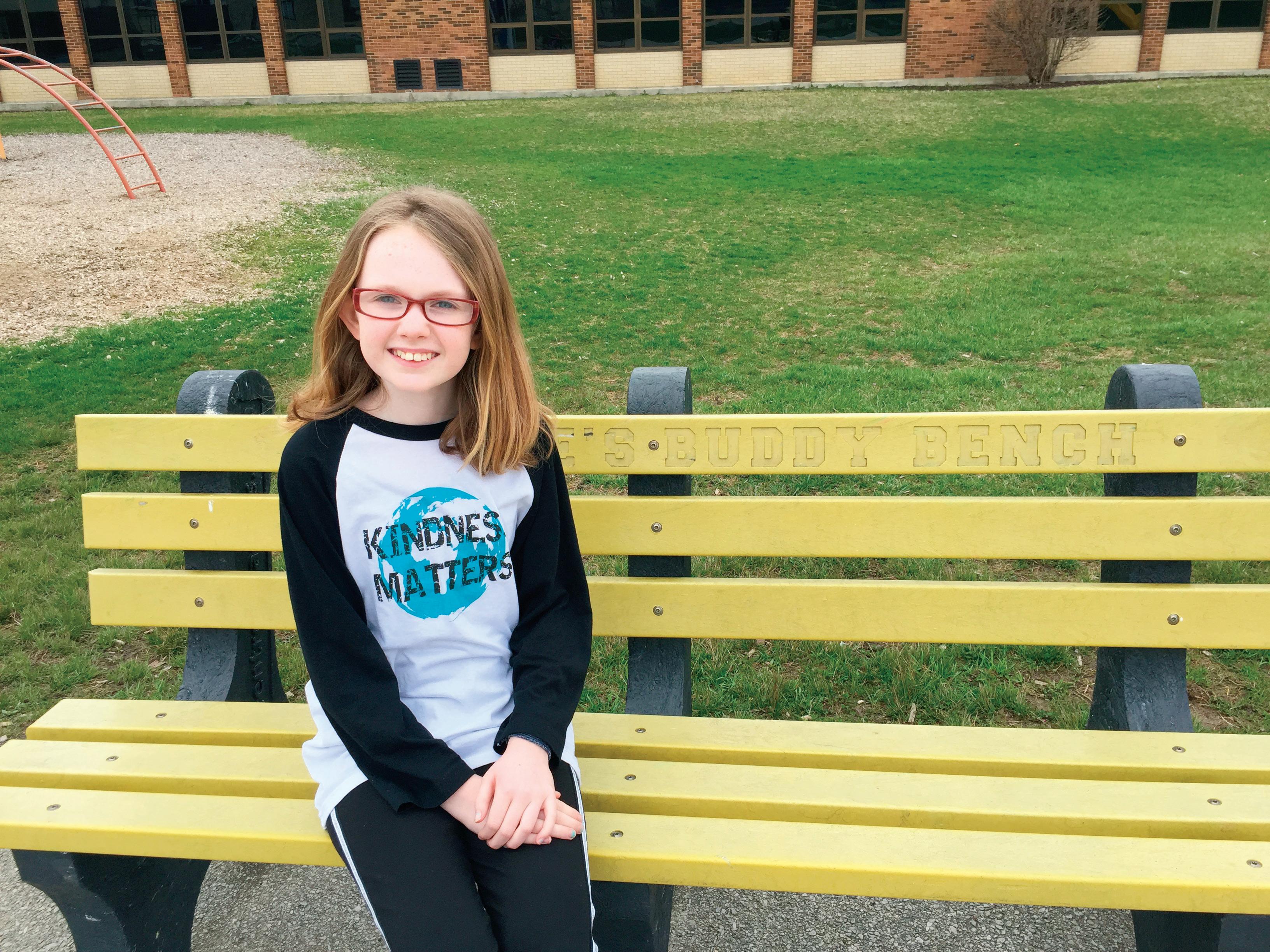THE KNOW HOW
Growing Through Challenges After the 2019 Girls STEM Institute (GSI) summer program came to a close, the GSI staff started planning for the 2020 Summer Institute. We designed the curriculum, connected with community partners and parents/caregivers, and secured online meeting space. By mid-February, applications were under review, and we were ready to set the dates for the 2020 parents/caregiver summer orientation, but a global pandemic changed those plans. Our lives abruptly changed in almost an instance. As we were adjusting to sheltering in place, we decided to check on our GSI families to see how they were doing and how we could support them. The requests of parents/caregivers confirmed that we could not allow COVID-19 to cancel GSI for summer 2020. We decided to take this experience as a growth opportunity and made an early decision to host Girls STEM Institute as a virtual experience and to provide STEM kits to all participants. Virtual programming was a new adventure for Girls STEM Institute, and our funders and community partners were supportive of this shift. We reached out to everyone who applied for the face to face experience to let them know that a virtual STEM Institute was planned for June 8th - July 25th. The GSI staff has been in conversations about the need for a parallel program for boys and young men. Therefore, we took this summer as an opportunity to invite elementary and middle school boys to join the program. We received 50 applications, and 45 scholars started on June 8th, two of whom were young men. In early 2020, we never thought that we would conduct an all virtual 7-week STEM learning experience during the pandemics of COVID-19 and anti-Black racism. While we could not control the context in which we found ourselves, Girls (and Guys) STEM Institute became an oasis of joyful learning, hope, and growth. Girls STEM Institute grew to a four-state program as we welcomed scholars from North Carolina, Florida, and Georgia. Our theme for summer 2020 was Empowerment through STEAM and 21st Century Skills. Scholars analyzed areas associated with the study of infectious diseases, forensic science, coding, music technology, and African dance. Given our holistic approach, scholars also engaged in learning experiences 56
August/September 2020












